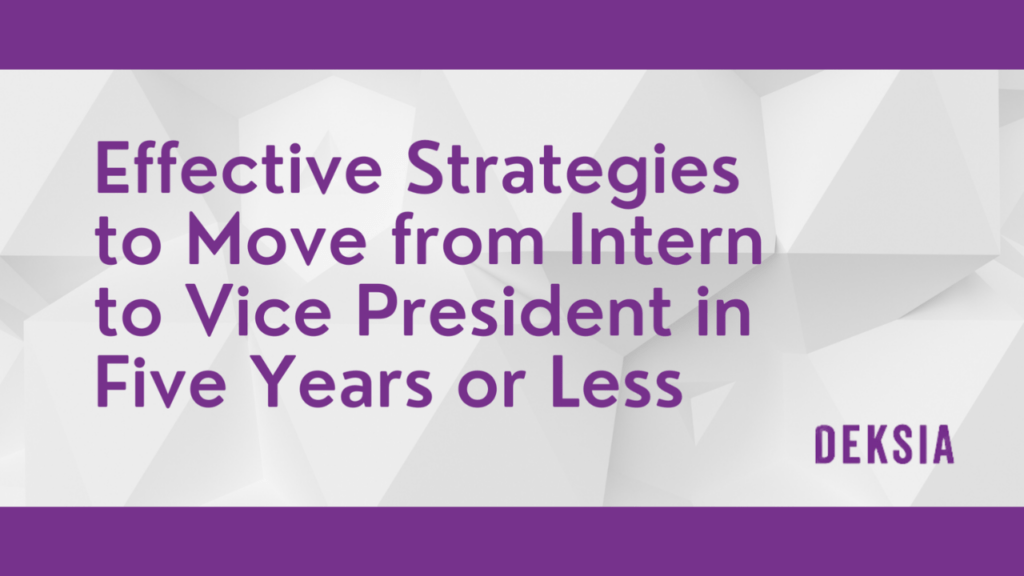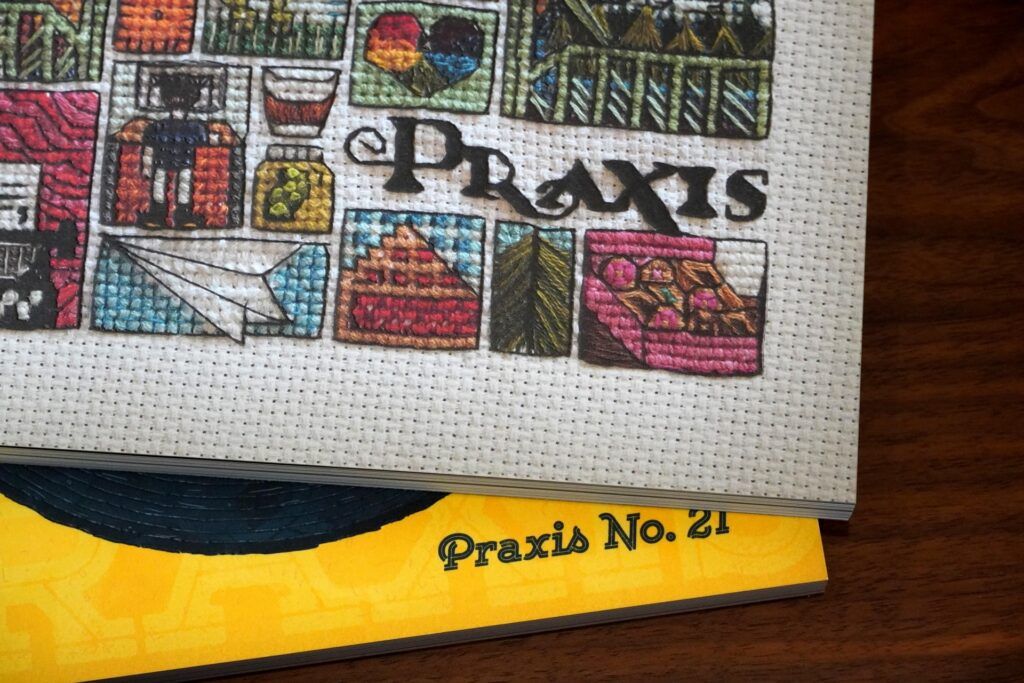PitchBlack: Behind the Success of One of Portland’s Most Important Events

When Ciara Pressler, founder of Pregame, took the stage as emcee for the sixth-annual PitchBlack competition, she said, “don’t tell Stephen Green that there are no Black people in Portland.”
The laugh from the crowd said it all, that Portland’s Black community is vibrant, its entrepreneurs doing amazing things and that Green has never wavered in his support to tell its story. Indeed, Green is more than a connector; he’s an evangelist who is laser-focused on breaking Portland’s narrative and misplaced perception, especially its Black community and, particularly, its entrepreneurs.
“Back in 2015, the Census Bureau data indicated that there are more than 4,000 Black-owned businesses in Oregon,” noted Green.
Six years ago, leading up to the first PitchBlack event, Green thought that maybe 40 or 50 people would show up. A crowd of 150 at the inaugural pitch competition indicated that he was more than on to something—that this was going to become an important, new Portland tradition—and has since spread to events in Seattle, Austin and Philadelphia.
The night was filled with optimism and joy. Rajiv Harry, founder of Plant Bomb and one of the seven founders pitching, may have said it best.
“[Let’s] take a moment to celebrate the Black excellence in this building tonight,” before sharing his story of his grandparents, who he called “the example of Black excellence in my life.”
Indeed, all of the companies that pitched at The Redd—with five minutes each—leaned into not only their passions but stories. There was a crucial context in solving problems.
Cydnie Smith-McCarthy of Drink Mamey pointed out inherent racial bias in healthcare. Hue Noir founder Paula Hays (the second-place finisher, winning $20,000) talked about changing the face of beauty, especially for people with darker skin tones, is her mission. Ingrid Adeogun, a dental hygienist by trade and founder of PANGA, shared how her company seeks to reduce plastic waste. DASHDOK founder Jeremy Roberts recounted a personal story about an interaction with law enforcement in the San Francisco Bay Area that sparked his idea to keep drivers safe.
PitchBlack’s winner, Anyeley Hallova of Adre Development (receiving $50,000), broke down the disproportionately damaging state of real estate development for low-income communities and those of color. Her focus is “to help create a prosperous life for people and groups that traditionally lack access to real estate, ownership and investment.”

Connections That Matter
At the core of this startup community’s success are the collective stories and meaningful connections. Shequeita Orr Frazier, the co-founder of Camp Yoshi (which finished third at PitchBlack), noted that “there is definitely more collaboration than competition here.” For his part, Green, currently the chief operating officer of Portland’s A Kids Company About, is one of the main hubs of these connections, spoking out into a “smaller-ish” community that is very “tight-knit.”
“We support one another. We call each other out,” said Green, also pointing out that it’s not the same way in other predominantly Black startup communities across the U.S.
Paige Hendrix Buckner, the acting CEO and current Chief Operating Officer of Founder Gym, a leading online program that teaches underrepresented founders how to raise money to scale their tech startups, sees that to be true as well. After attending a startup weekend in 2014, Buckner, who was in public policy at the time, realized that she “could have an impact on the world through a startup or private sector.”
Her two successful startups (one of which won PitchBlack in 2017, which led to a huge contract) were in part fueled by a network of people willing to make introductions, but also because those in her orbit were willing to be brutally honest, Green included.
“That’s a big deal,” said Hendrix Buckner. “It’s easy to help winners, but we make mistakes from time to time and people like Stephen being there to support us is very important. Advice is power.”
Another key issue, according to Frazier, is understanding one’s limits. Camp Yoshi, her first entrepreneurial endeavor, Frazier realized that though she “may know 20 good things and how to do them, there are 100 other things that you have no idea about.” Founded with her husband Rashad (who had already seen success with a food pop-up called Yoshi Jenkins), Frazier brought in her brother-in-law, an attorney, to help round out the team’s expertise.
Having those pieces, among other things like solid momentum, gives Frazier the confidence for Camp Yoshi’s next phase: scaling.
There’s More to the Story
After working on some of the core nuts and bolts of building one’s business as a founder, one of the more critical pieces to the puzzle is the story, especially, according to Buckner, of the Black founder.

“It’s one of the biggest secrets that people don’t understand,” she said. “If the story is that it’s hard to get funding or grow a business, then people aren’t going to waste their time. We need to change the narrative to one of possibility and that it’s less risky. Once people see it, they believe that they can do it and go big.”
“People have to see themselves being able to identify a problem and solve it,” added Frazier. “For someone to see another Black person solving problems and doing it on an elevated level is important. You start envisioning what you can do and what’s possible.”
Green points to the story of Ian Williams, a former Nike footwear engineer who founded Deadstock Coffee. Since its inception in 2013, Williams’ concept of craft coffee shop and gallery inspired by sneaker culture has rippled through the industry. Where Green believes his story comes from is in its authenticity. As a result, the business is built with customers and not startup capital.
“Less than 0.5% of U.S. companies ever raise equity of any kind. Less then 30% of companies ever get a loan. The normal thing to do is to take whatever money you’ve got and add it to this thing called ‘customers’,” said Green. “But that’s how companies are built and [Deadstock] has built success through social capital.”
In the end, though, it’s about continuing to build the narrative that founders, especially Black founders in Portland, can succeed outside of what has been perceived over time—and it needs to be relentlessly constant.
“Portland’s nice, but not always kind,” said Green. “Supporting Black founders and businesses during Black History Month or putting up a Black Lives Matter sign, for example, doesn’t show accountability. I know a Black rocket scientist from Northeast Portland who builds drones. Those stories need to be told just like the barbecue places and barbershops that are crushing it.”
Fortunately for Green, he’s seeing that a broader range of people, especially outside this tight-knit community, are paying attention.
“(Success) isn’t a win for the Black community, it’s a win for the whole community. And when Black founders are doing better, and dreaming bigger, we all win.”




